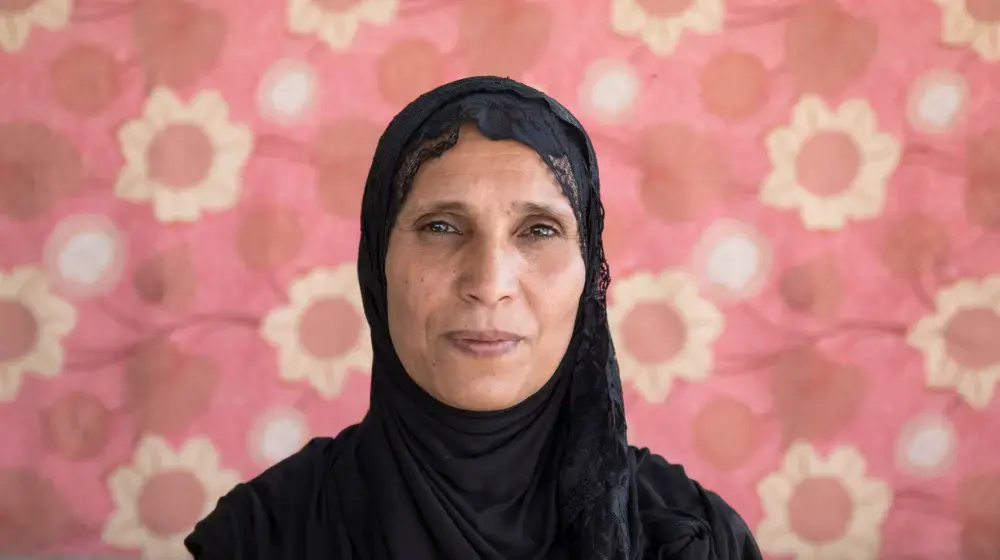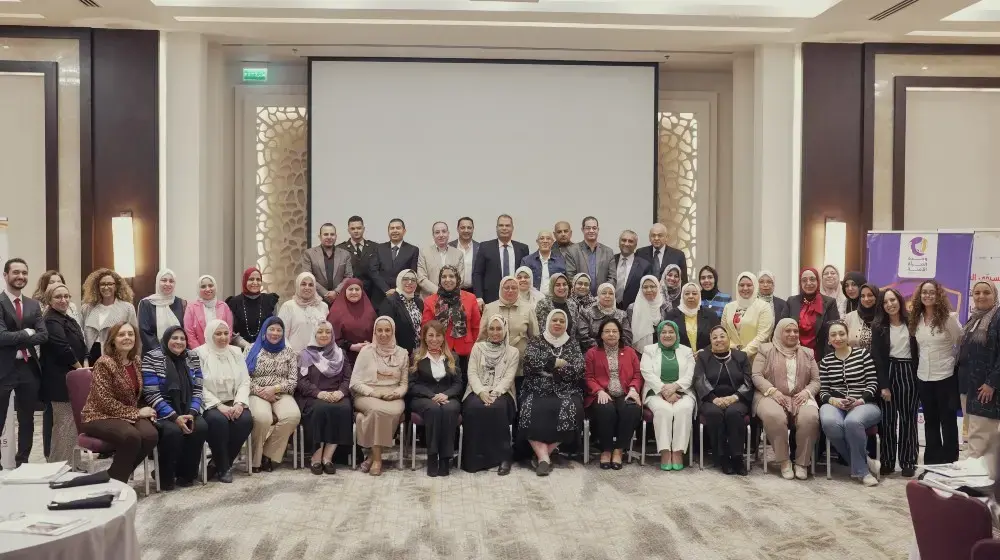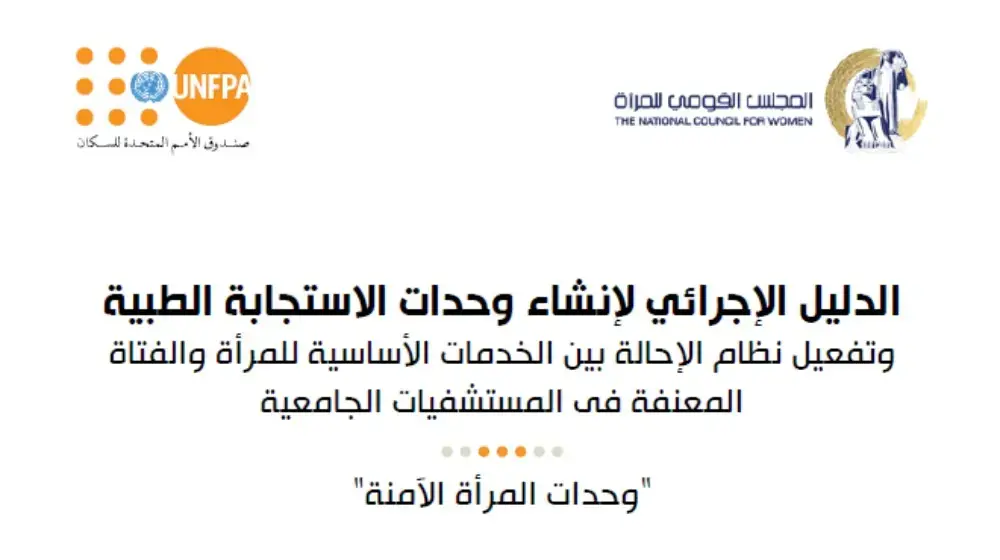The United Nations in Egypt is deeply saddened by the recent tragic death of 12-year-old Nada Hassan Abdel Maqsoud in Assiut Governorate while undergoing Female Genital Mutilation (FGM) at the hands of a doctor.
We are outraged that such senseless deaths still occur in 2020, despite progress made to eradicate this violent practice in terms of law reform, awareness raising, as well as direct engagement with local communities and religious leaders.
We welcome the statement by the National Committee for the Eradication of FGM denouncing the dreadful incident and, while respecting the ongoing investigation and independence of the judicial process, we echo its call for the maximum punishment for the perpetrators.
The crime was reported on Thursday through the National Child Helpline (16000), administered by the National Council for Childhood and Motherhood, and both the doctor and the victim’s father were reportedly arrested.
While there has been a decline in the practice’s prevalence in the age group 15-17 years old by more than 13 percent from 2008 to 2014 (Demographic Health Survey 2014), efforts to abandon FGM should be accelerated, as a matter of urgency.
According to the Demographic Health Survey 2014, medicalization of the FGM practice is most common in Egypt, where eight out of ten girls who are cut were cut by medical personnel. When comparing mothers and daughters, trends of medicalization appear to be increasing sharply, whereby 37.9 percent of mothers had the procedure performed by a medical professional, compared 81.9 percent of daughters.
The United Nations acknowledges the Government of Egypt’s commitment to eliminating FGM demonstrated in 2019, through the establishment of the National Committee for the Eradication of FGM, under the leadership of the National Council for Women and National Council for Childhood and Motherhood.
The United Nations is committed to supporting the National Committee for the Eradication of FGM in its efforts to eradicate the harmful practice.
It is also committed to working with Egyptian authorities and society to protect the rights of all girls and women against the practice of FGM.
FGM is a human rights violation and constitutes as a form of violence against women and girls. It is rooted in gender inequality, along with religious misinterpretation and cultural beliefs. It can have long lasting physical and psychological implications and lead to injury and, as we have seen, death. The desire for social acceptance and avoidance of social stigma remains the single largest factor influencing FGM.
A legislation was introduced criminalizing FGM in Egypt in 2008 through amendments to the Child Act (1996) and the Penal Code. In 2016, the law was further strengthened and penalties were harshened to stipulate a 5-7 year jail sentence for anyone who commits the crime. The article also punishes, with a penalty of imprisonment for between 1-3 years, any individuals who escort the victims of such crimes to the perpetrators. Furthermore, the amendment punishes the crime with up to 15 years’ imprisonment if the act of FGM leads to the death of the victim or a “permanent deformity.”
The United Nations is committed to accelerate efforts to eliminate FGM by 2030. We hope that Nada’s tragic death sheds light on the need to protect girls from this harmful practice as a matter of urgency.




